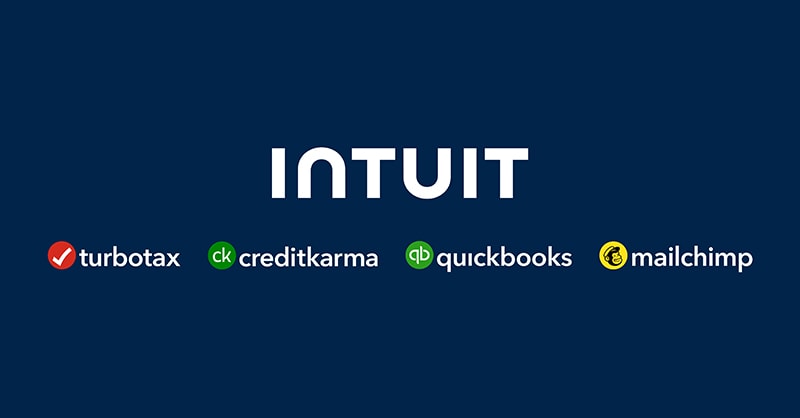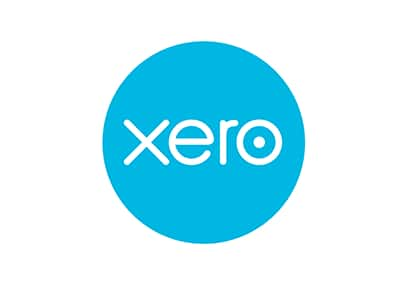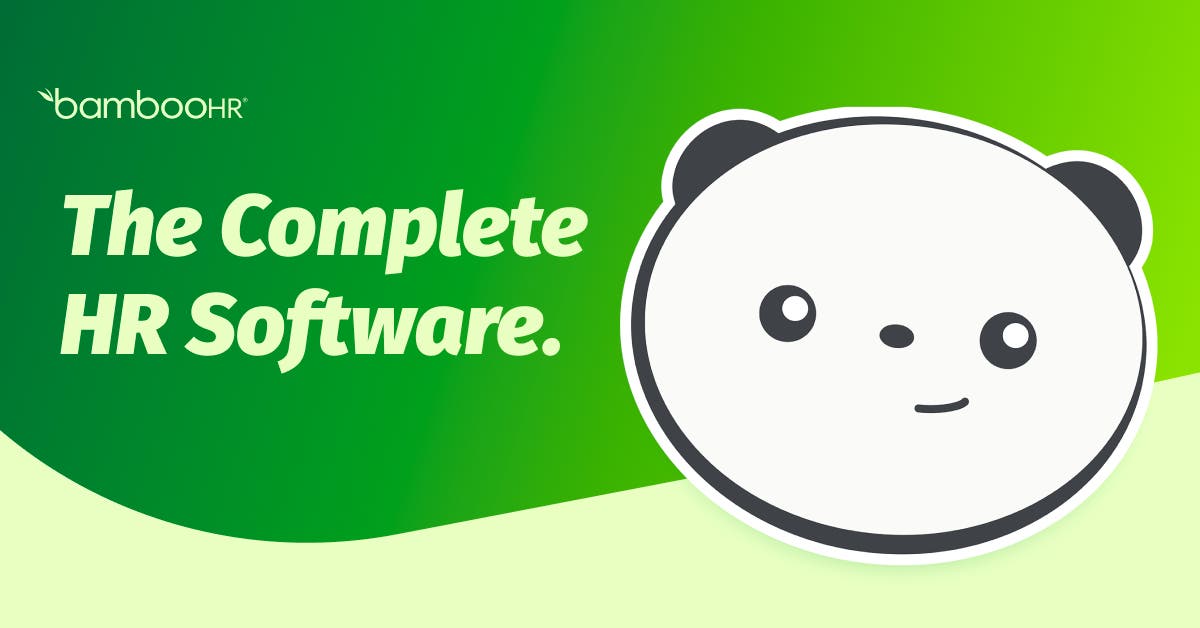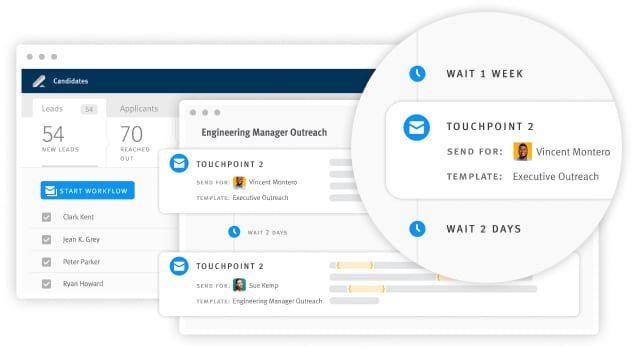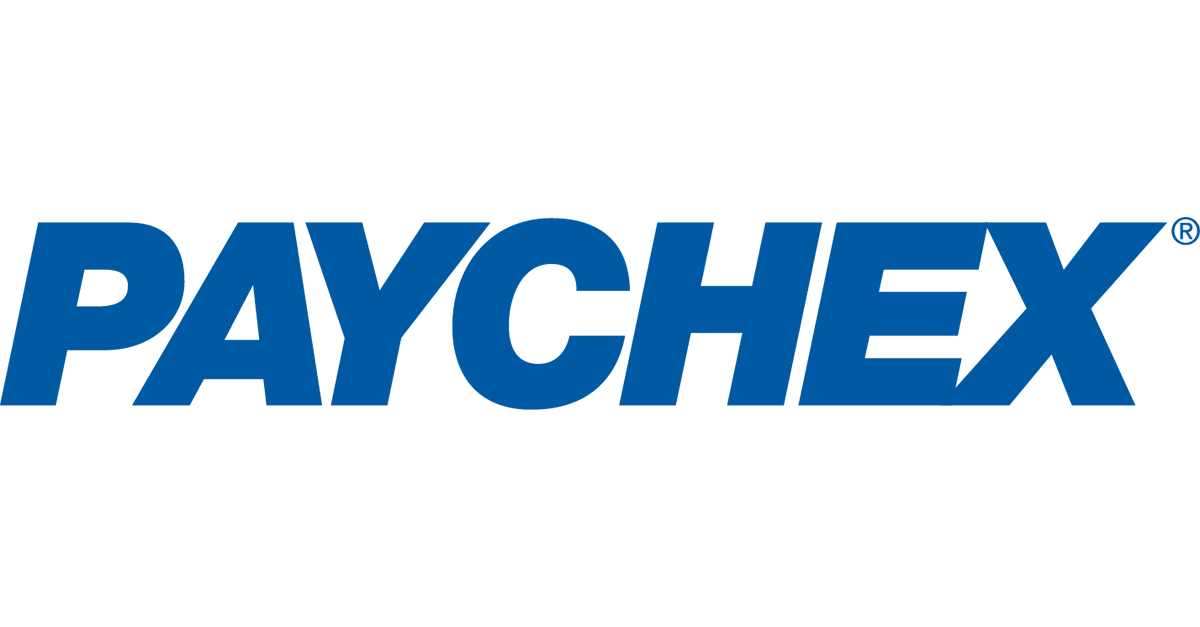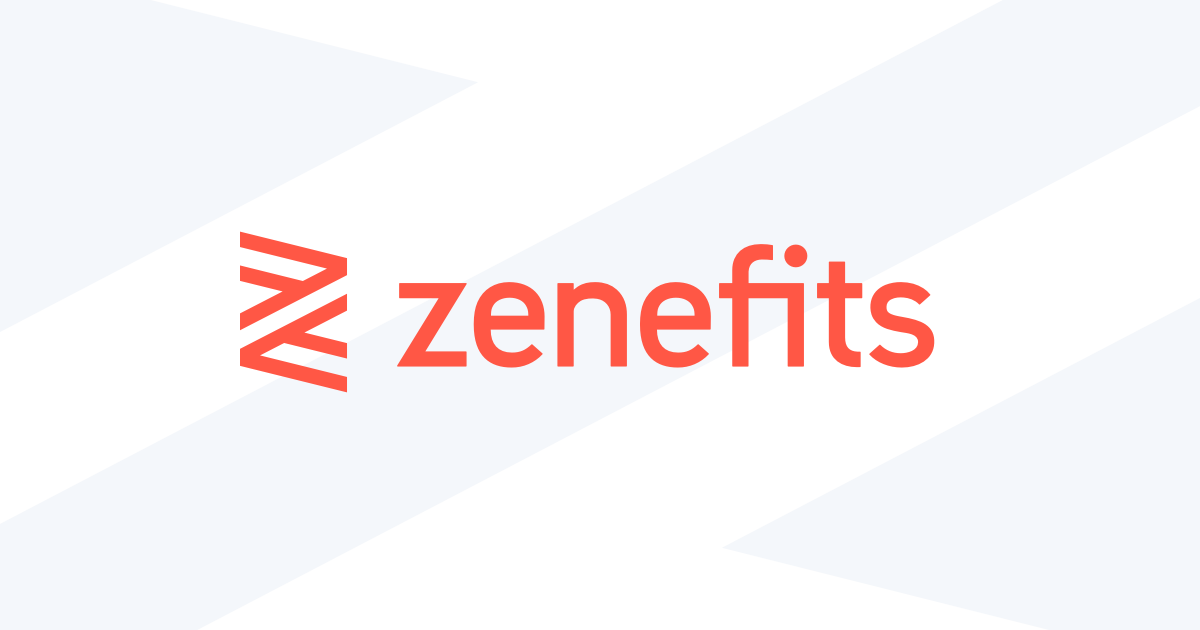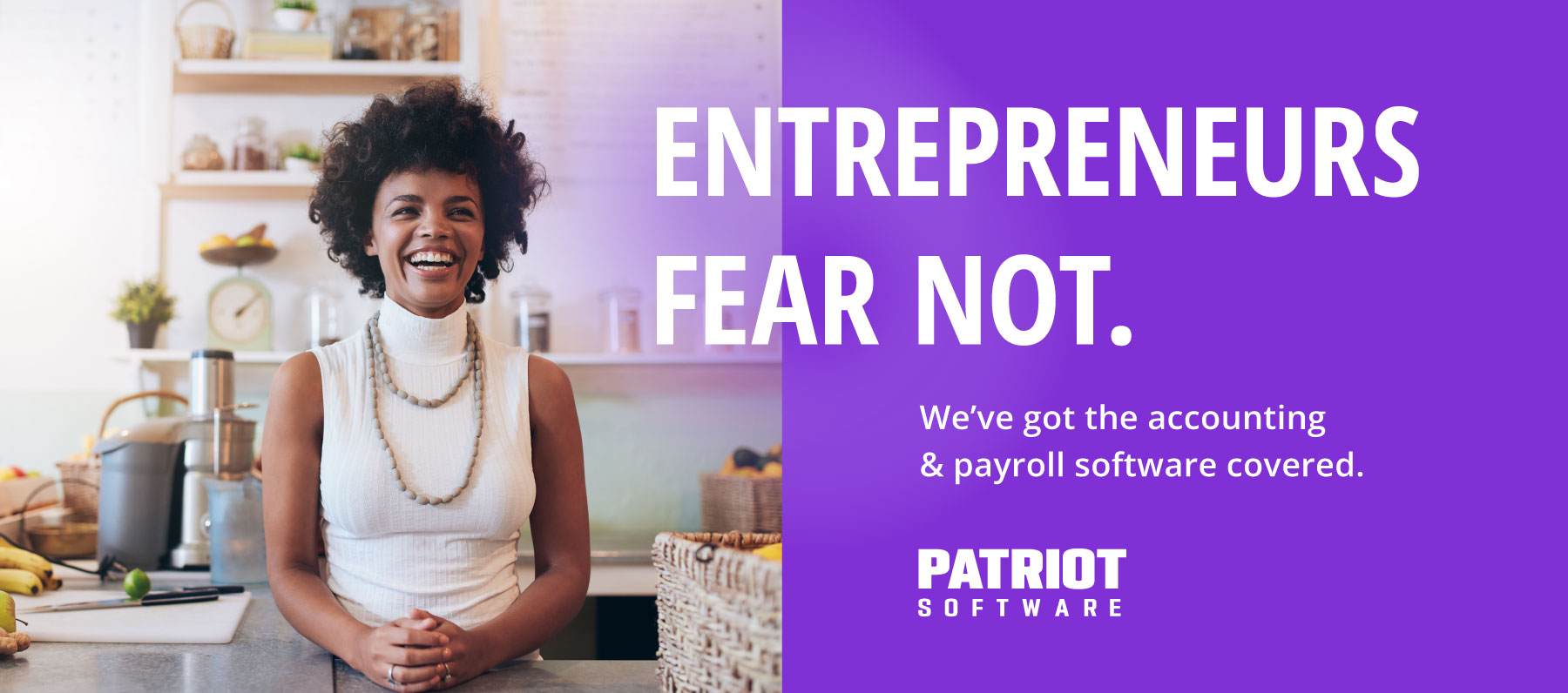Introduction
Managing payroll can be a time-consuming and complex task for small business owners. From calculating taxes and deductions to filing reports, doing payroll in-house requires investing in both software and expertise. Thankfully, there are now many affordable and easy-to-use payroll solutions on the market designed specifically for small firms. In this review, we evaluate 15 top payroll providers based on functionality, pricing, reviews and other factors to help you choose the right payroll software partner for your growing business.
Methods of Evaluation
To evaluate and rank each payroll solution, we looked at key factors like functionality, pricing plans, setup process, support offerings, mobile apps and reviews from actual users. Specifically, we examined features like payroll calculations, tax filing, time tracking, reporting, integrations and more. We also researched each vendor’s popularity based on metrics like number of backlinks, average traffic and keyword search trends. Finally, ease of use and overall customer satisfaction from verified user reviews played a big role in our analysis and recommendations.
1. Intuit Online Payroll
Intuit Online Payroll, also known as Intuit QuickBooks Payroll, is a payroll software solution provided by Intuit, the maker of QuickBooks and TurboTax. Intuit Online Payroll allows businesses to easily manage payroll tax payments, wage reporting, and W-2/1099 forms directly from their QuickBooks account.
Pros: Some of the main advantages of Intuit Online Payroll include:
– Integrates directly with QuickBooks for seamless accounting.
– Simple setup process and intuitive dashboard.
– Direct deposit and electronic payment options reduce paper waste.
– Automated tax calculations and filing saves time on compliance.
– Affordable pricing plans for businesses of all sizes.
Cons: One potential disadvantage is that Intuit Online Payroll requires a QuickBooks subscription to access all features. So the total cost may be higher for businesses that don’t already use QuickBooks.
Pricing: Intuit Online Payroll pricing starts at $40 per month billed annually for 25 employees or less. Plans with additional features and support for more employees are available for $60-$180 per month. No long term contracts are required.
Some key stats about Intuit Online Payroll include:
– Over 500,000 businesses use Intuit Online Payroll globally.
– It integrates seamlessly with QuickBooks accounting software.
– Direct deposit is available for paying employees.
– Payroll taxes are automatically calculated and filed.
– W-2, 1099 and other payroll forms can be generated and filed electronically.
2. Square Payroll
Square Payroll is a full-service payroll solution built by Square, the financial services and digital payments company. Square Payroll allows businesses to easily pay employees, contractors and same-day pay workers seamlessly through the Square platform. It aims to simplify compliance and payroll tasks for small businesses through an all-in-one solution.
Pros: The main advantages of Square Payroll include:
– Free for up to 5 employees, then $30 per month
– Integration with Square POS and payment processing
– Intuitive and easy to use dashboard interface
– Same-day pay and direct deposit options
– Compliant with all payroll tax filing and reporting
Cons: A potential disadvantage is that Square Payroll may not be as full-featured as some other dedicated payroll software solutions for larger businesses with complex needs.
Pricing: Square Payroll is free for businesses with up to 5 employees. For businesses with more than 5 employees, pricing is $30 per month. There are no additional per-employee fees or long term contracts.
Some key facts about Square Payroll include:
– Processes payroll for over 200,000 businesses
– Integrates with the Square Point of Sale platform and payment solutions
– Offers same-day pay options for employees
– Available in all 50 US states
3. Xero
Xero is an online accounting software for small businesses. Founded in 2006 and headquartered in Wellington, New Zealand, Xero provides integrated accounting software and payroll services through a cloud-based platform. It helps small businesses and their advisors connect to their bank, manage invoices and payments, track time and expenses, and generate customized reports.
Pros: Some key advantages of Xero payroll software include:
– Integrated accounting and payroll in one platform
– Easy setup and ability to pay employees and contractors online
– Highly customizable reports and workflows to track cash flow, profitability, and expenses
Cons: Potential disadvantages could include:
– Limited features compared to more expensive payroll software
– iOS mobile app lacks some functionality of desktop version
Pricing: Xero offers three pricing tiers:
– Startup – $9/month for up to 3 invoices/months with unlimited contacts and bank feeds
– Essentials – $30/month for up to 10 invoices/month with time tracking and purchase orders
– Accountant – $40/month for unlimited invoices and advanced billing features
Some key stats about Xero include:
– Serves over 3 million subscribers globally
– Integrates with over 1000 apps including QuickBooks, Receipt Bank, and Microsoft Excel
– Handles multi-currency transactions in over 200 countries
4. BambooHR
BambooHR is an HR software provider that offers a core HR platform along with payroll functionality through an add-on module. Founded in 2008, BambooHR serves over 25,000 customers across over 100 countries. Their HR software aims to simplify and streamline HR processes from hiring to retirement.
Pros: Some of the key advantages of BambooHR include:
– Core HR platform with payroll functionality available as an add-on module
– Advanced reporting capabilities and customizable workflows
– Excellent mobile app for managers and employees
– Robust support and implementation resources available
Cons: One potential disadvantage is that the payroll add-on requires an additional subscription on top of the core HR software subscription.
Pricing: BambooHR offers various pricing tiers for their HR software platform. The basic plan starts at $6 per employee/month and includes core HR functions. The payroll add-on module starts at $5 per employee/month for up to 50 employees.
Some key stats about BambooHR include:
– Over 25,000 customers globally
– Supported in over 100 countries
– 18 years in business
– Integrations with over 300+ apps
– Winning multiple awards for HR technology
5. FreshBooks
FreshBooks is cloud-based accounting software for small businesses. In addition to invoicing and accounting features, FreshBooks also offers an integrated payroll solution. The platform allows users to send professional-looking invoices, track time, organize receipts, manage expenses, and accept credit card payments all in one place.
Pros: Some key advantages of FreshBooks’ payroll solution include: integrated invoicing and payroll functionality which allows contractors to easily switch between billable and non-billable work, online time tracking that automatically syncs with payroll records, and affordable pricing starting at $25 per month for up to 5 employees.
Cons: A potential disadvantage is that the payroll functionality is limited only to US payroll. Businesses with employees located outside the US would need to explore other payroll options.
Pricing: FreshBooks offers 3 plans for its payroll solution: Solo plan priced at $25 per month for up to 5 employees, Essentials plan priced at $75 per month for up to 20 employees, and Business plan priced at $175 per month for unlimited employees. All prices are per month and billed annually with a 30-day money back guarantee.
Some key stats about FreshBooks’ payroll feature include: automated payroll tax filings for all 50 US states, employee self-serve portals for viewing pay stubs and managing personal information, direct deposit payroll processing, and support for contractors in addition to W-2 employees.
6. Lever
Lever is a recruiting software that helps companies hire top talent efficiently. With integrated talent acquisition and payroll capabilities, Lever provides everything hiring teams need in one system. Lever aims to streamline every step of recruiting from sourcing candidates to onboarding new hires.
Pros: Key advantages of Lever include: Strong focus on the entire talent acquisition process with applicant tracking, onboarding, and payroll tools. Comprehensive payroll integration allows hiring managers to streamline onboarding. Modern applicant tracking interface provides collaboration tools and smart search functionality.
Cons: The main disadvantage is that payroll capabilities are limited to integrations only – Lever does not offer standalone payroll software. For large enterprises with complex payrolls, a dedicated payroll solution may be a better fit.
Pricing: Lever offers three pricing plans – Startup ($99/month), Professional ($199/month), and Enterprise (custom quote). Prices increase with the number of recruiting users, job postings, and candidate applications per month. All plans offer a free 14-day trial.
Some key stats about Lever include: Used by over 7,000 companies worldwide including IBM, GE, and Twitter. Manages over 2 million applicant profiles. Has an average time-to-fill of under 30 days. Integrates with over 150 payroll providers for seamless onboarding.
7. Wave Payroll
Wave Payroll is a free payroll software offered by Wave Financial, makers of the popular all-in-one accounting software Wave. Wave offers free payroll processing for up to 5 employees, making it an attractive option for very small businesses just starting out.
Pros: Some key advantages of Wave Payroll include:
– Free payroll processing for up to 5 employees
– Easy setup and onboarding process
– Intuitive interface and reporting
– Integrated with the rest of the Wave accounting software
– Free customer support
Cons: The main disadvantage is that the free plan is only suitable for very small businesses with 5 or fewer employees. For larger teams, an upgraded paid plan would be required.
Pricing: Wave Payroll is completely free for up to 5 employees. For more employees, pricing starts at $25 per month for the Plus plan (up to 25 employees) and $50 per month for the Premier plan (unlimited employees).
Some key stats about Wave Payroll include:
– Free for up to 5 employees
– All-in-one accounting software with invoicing, expenses, time tracking etc.
– Over 2 million users worldwide
– Processing payroll returns and remittances are included in the free plan
8. Paychex Flex
Paychex Flex is a full service HR and payroll solution developed and provided by Paychex, a leading payroll and HR company. Founded in 1971 and headquartered in Rochester, New York, Paychex serves over 670,000 small and medium sized businesses. Paychex Flex is a powerful, flexible and highly customizable cloud-based solution to handle all of your business’s payroll and HR needs.
Pros: Some key advantages of Paychex Flex include:
– Powerful payroll and HR software to handle even the most complex payrolls accurately and on time
– Handles all aspects of payroll like taxes, filings, employee payments and reports
– Excellent 24/7 phone, chat and email support from over 1,000 payroll specialists
– Mobile app for managers and employees to access info and complete tasks on the go
Cons: One potential disadvantage of Paychex Flex is the pricing – while very affordable for smaller payrolls, the costs may be higher compared to other options for very large and complex payrolls with 100,000+ employees.
Pricing: Paychex Flex offers flexible pricing plans tailored to business needs. Starting pricing is $29/month for BasicFull Service payroll processing. Mid-tier and premium plans with advanced HR features are $49/month and $79/month respectively. Additional employee and functionality pricing also applies.
Some key stats about Paychex Flex include:
– Processes payrolls for over 670,000 small and medium sized businesses across industries
– Handles complex payrolls of all sizes from just a few employees to 100,000+
– Over 45 years of experience in payroll and HR services
– Serves clients across all 50 states
9. Avalara AvaTax
Avalara AvaTax is a leading provider of sales tax determination, exemption certificate management, and compliance reporting automation software. Founded in 2004, AvaTax aims to simplify tax compliance for businesses of all sizes through its cloud-based solution. The software automatically calculates sales tax owed in real-time and files required tax forms at the local, state, and federal levels.
Pros: Some key advantages of Avalara AvaTax include sales tax calculation and filing automation which significantly reduces manual work. It also integrates with various accounting and payroll systems to streamline tax operations. Setup is straightforward and pricing is transparent with no long-term commitments.
Cons: One potential disadvantage is that Avalara AvaTax is a more full-featured solution aimed at larger businesses, so the pricing may be higher than some other options suitable for very small companies or startups with limited budgets.
Pricing: Avalara AvaTax pricing starts at $99 per month for their basic ‘Core’ plan, up to $499 per month for their ‘Premier’ plan featuring unlimited users and support for additional modules like exemption certificates. Custom quotes are also available for very large enterprise customers.
Avalara AvaTax currently powers tax compliance for over 85,000 businesses globally. It supports taxation rules for over 11,000 tax jurisdictions across the United States, Canada, and Europe. The software processes over $450 billion in commerce annually.
10. Zenefits
Zenefits is an all-in-one cloud-based HR platform that provides human resource management, benefits administration, payroll processing and other HR functions through an easy-to-use dashboard. Founded in 2013 and based in San Francisco, Zenefits helps businesses with employee administration so they can focus on their core operations.
Pros: Some key advantages of Zenefits include:
– All-in-one platform for HR, benefits and payroll management
– Intuitive and easy to use interface that allows fast onboarding and setup
– Robust employee support portal for managing HR tasks, documents and questions
Cons: One potential disadvantage is that the free version only allows for a certain number of employees before upgrade fees apply.
Pricing: Zenefits offers both free and paid plans. The free ‘Starter’ plan is suitable for very small teams of up to 5 employees. Paid ‘Pro’ and ‘Enterprise’ plans start at $4/employee/month and scale based on company size and features needed.
Some key stats about Zenefits include:
– Used by over 20,000+ companies
– Processes payroll for over 1 million employees each month
– Integrates with over 150+ benefit providers
11. Paycor
Paycor is a leading provider of human capital management (HCM) software. Founded in 1990 and based in Cincinnati, Ohio, Paycor focuses on providing HCM solutions to small and medium size businesses. Their all-in-one cloud solution provides payroll, benefits administration, time and attendance tracking, and other HR tools to help businesses manage their employees.
Pros: Some key advantages of Paycor’s HCM solution include:
– Modern HCM platform that consolidates all HR and payroll activities into a single cloud solution
– Flexible integration tools that allow easy connection to other business systems
– Configurable dashboards and reports that provides deep insights into workforce analytics
Cons: One potential disadvantage is that their solution is primarily targeted towards mid-market companies rather than very small businesses with under 50 employees. As such, some of their advanced features may not be fully utilized by micro businesses.
Pricing: Paycor offers flexible pricing plans tailored for businesses of all sizes. Basic pricing starts at $7 per employee per month for companies with up to 50 employees. Larger enterprises can request a customized quote. Additional fees apply for premium features and services like payroll processing, ACA compliance support, and other add-ons.
Some key stats about Paycor include:
– Over 25,000 customers in the United States
– Processes over $60 billion in payroll annually
– Integrates with over 200+ third party applications
– Named a Leader in Gartner’s Magic Quadrant for Cloud HCM Suites for 1000+ Employee Enterprises for the last 3 years
12. Patriot Payroll
Patriot Payroll is an affordable online payroll and accounting software for small and medium-sized businesses. Founded in 2001, Patriot Payroll provides easy-to-use payroll and accounting tools to help businesses efficiently manage their finances.
Pros: Some key advantages of Patriot Payroll include:
– Affordable pricing starting at $20/month for basic payroll processing
– Easy online setup that takes less than an hour
– Real-time access to payroll and financial reports from any device
– Integrated payroll tax filing for faster tax payments
Cons: A potential disadvantage is that customer support is only available during regular business hours on weekdays.
Pricing: Patriot Payroll offers three pricing tiers:
– Startup: $20/month for up to 5 employees
– Essentials: $40/month for up to 25 employees
– Elite: $100/month for unlimited employees with advanced features
Some key stats about Patriot Payroll include:
– Used by over 50,000 US businesses
– Integrates with over 150 accounting/bookkeeping solutions
– Processes payroll for over 250,000 employees each month
13. Dayforce
Dayforce is a comprehensive cloud-based HCM platform developed by Ceridian. Dayforce offers payroll, HR, benefits, workforce management, and talent management capabilities all in one platform. With Dayforce, users can manage the entire employee lifecycle from recruitment to onboarding to ongoing performance management.
Pros: Some key advantages of Dayforce include:
– Full featured HCM platform that combines payroll, HR, benefits, and talent management
– Robust reporting and analytics capabilities
– Handles complex compensation structures like commissions, bonuses, and equity awards
Cons: One potential disadvantage is the subscription pricing model which requires ongoing costs rather than a one-time license fee.
Pricing: Dayforce pricing is based on a subscription model starting at $7 per employee per month for basic payroll and HR functionality. Additional modules like benefits administration, recruiting, and performance management incur additional per-user fees.
Some key stats about Dayforce include:
– Processes payroll for over 4 million employees worldwide
– Operates in over 80 countries
– Over 3,500 employees globally
– Founded in 1978 and went public in 2021
– Over 1,900 patented technologies
14. Kronos Workforce Ready
Kronos Workforce Ready is a leading payroll and workforce management solution developed by UKG. With over 45 years of experience, UKG provides HR, payroll, and time and attendance solutions to over 7000 organizations globally. Their unified platform, Kronos Workforce Ready, helps companies streamline HR processes, pay employees accurately and on time, and optimize workforce productivity.
Pros: Some key advantages of Kronos Workforce Ready include:
– Integrated time and attendance tracking to simplify payroll processes
– Robust suite of HR and payroll tools to manage the entire employee lifecycle
– Strong analytics and reporting capabilities to optimize workforce decisions
– Mobile apps for managers and employees to approve timesheets on the go
Cons: A potential disadvantage is that the full suite of solutions may be overkill for some very small businesses with basic payroll needs. The pricing could also be higher compared to other basic payroll software options.
Pricing: Kronos Workforce Ready offers flexible pricing based on the number of employees and desired modules. Starting pricing begins around $7 per employee per month for basic time and attendance tracking. The full-featured HR and payroll suite ranges between $15-30 per employee per month depending on the number of employees and add-on modules selected.
Some key stats about Kronos Workforce Ready include:
– Over 7,000 customers worldwide across various industries
– Handles payroll and time tracking for millions of employees
– integrates with over 300 HRIS and ERP systems for a seamless experience
– Offers mobile applications for employees and managers
15. FreeAgent
FreeAgent is an online accounting software for small businesses based in the UK. Since 2006, FreeAgent has been providing easy-to-use accounting, invoicing and payroll software to help small business owners gain control of their finances. With an intuitive design and powerful features, FreeAgent allows users to manage invoicing, bookkeeping, expenses and more all from one online platform.
Pros: Some key advantages of FreeAgent include:
– Intuitive and easy-to-use interface suitable for non-accountants.
– Provides invoicing, accounting, payroll and expenses all in one integrated platform.
– Robust mobile app for iOS and Android to manage business on the go.
– Excellent customer support either by phone, email or live chat.
Cons: A potential disadvantage is that FreeAgent plans are subscription-based so there is an ongoing cost compared to one-time purchases of other software.
Pricing: FreeAgent offers various pricing plans starting from a Free plan for up to 2 users up to a Premium plan for unlimited users starting at £25 per month (plus VAT).
Some key stats about FreeAgent include:
– Over 100,000 businesses use FreeAgent worldwide.
– FreeAgent has award-winning mobile apps available on iOS and Android for managing finances on the go.
– 99% customer retention rate with an average customer relationship of over 4.5 years.
Conclusion
Whether you need basic compensation management or more advanced HCM capabilities, there is a highly-rated payroll option here to suit businesses of all types and sizes. Consider factors like employee count, reporting needs, integrations required and of course cost when choosing the best solution. We hope this impartial review and evaluation of the top 15 providers gives you a solid base for your payroll software selection and transition.




